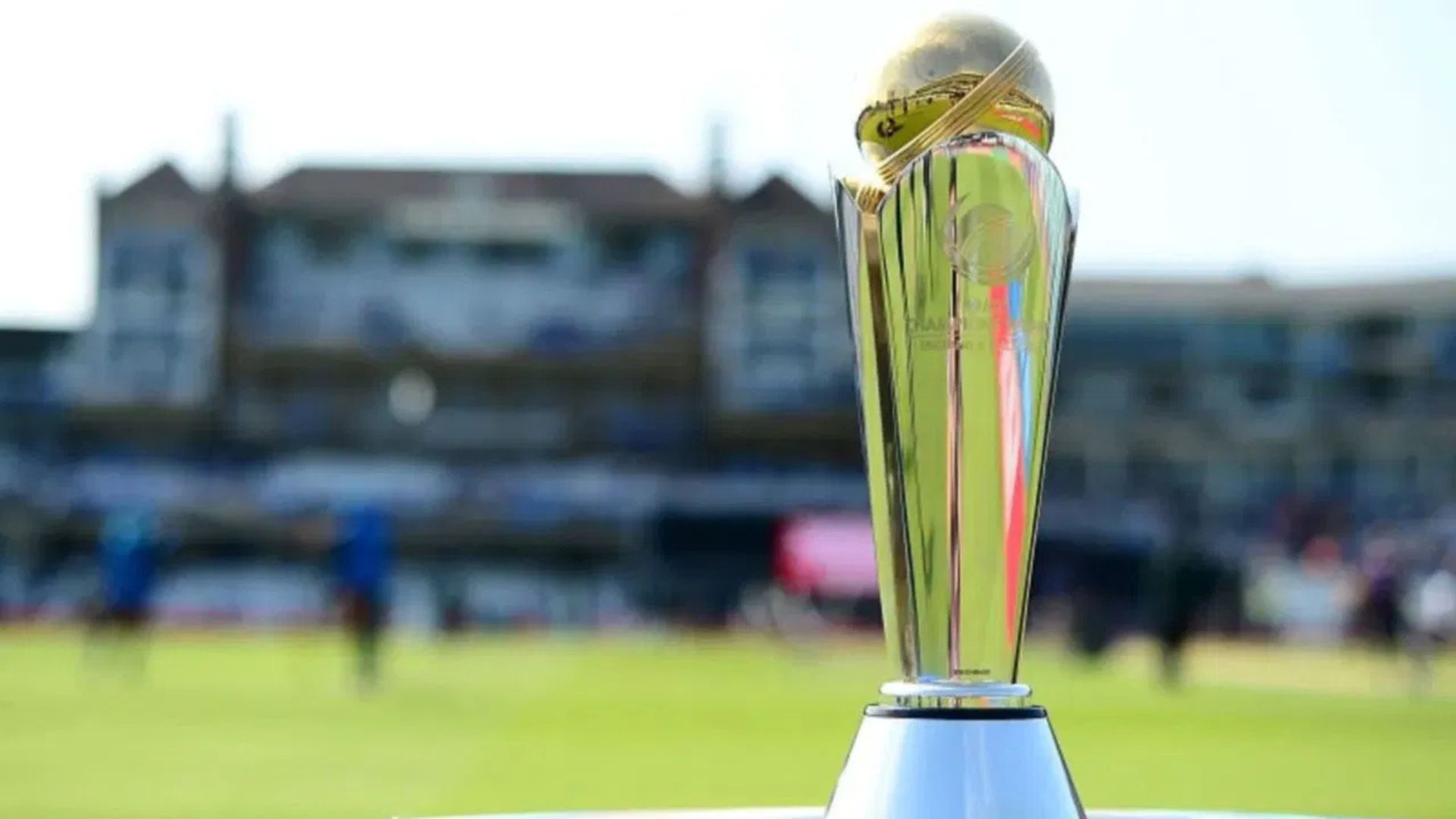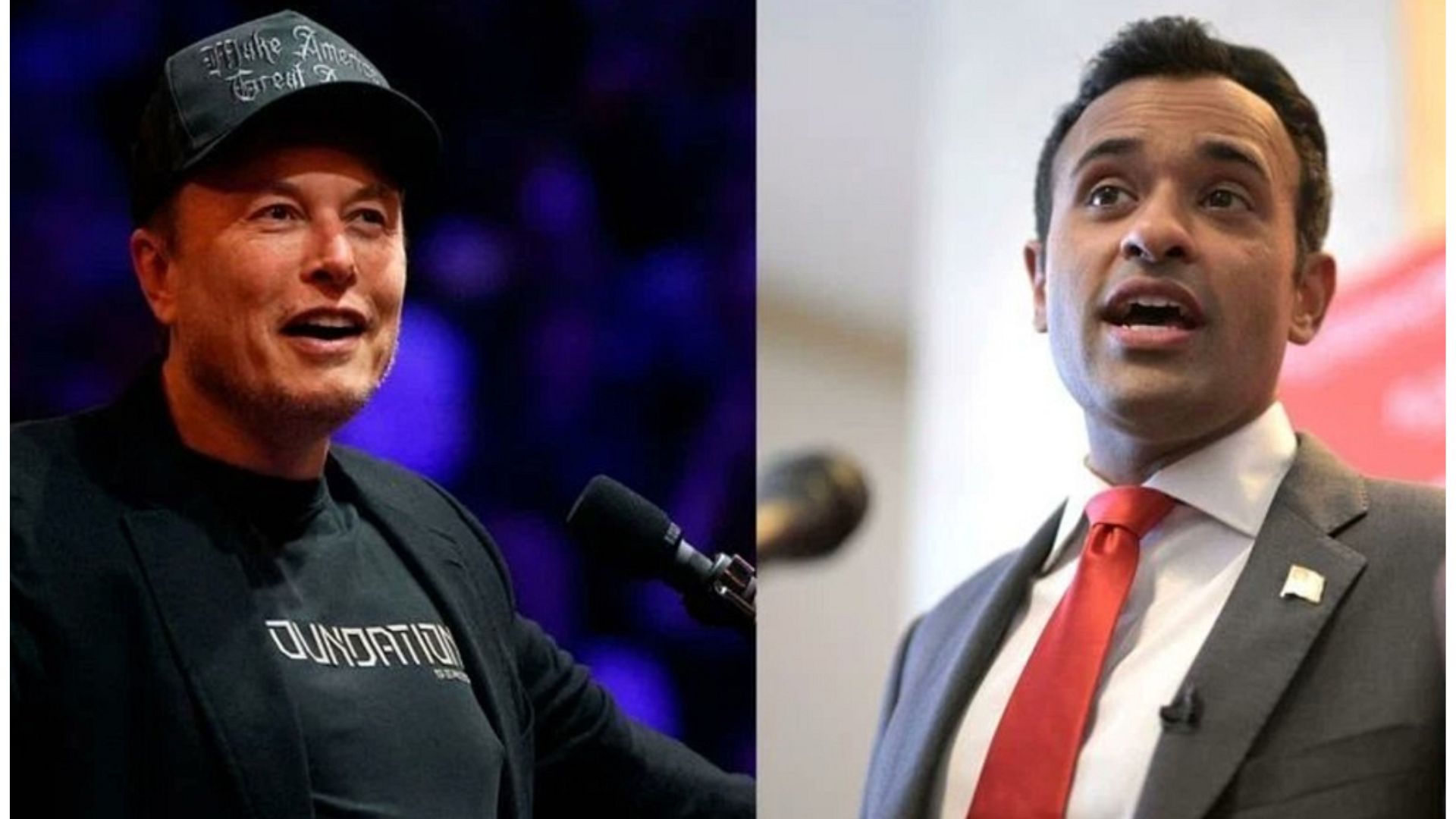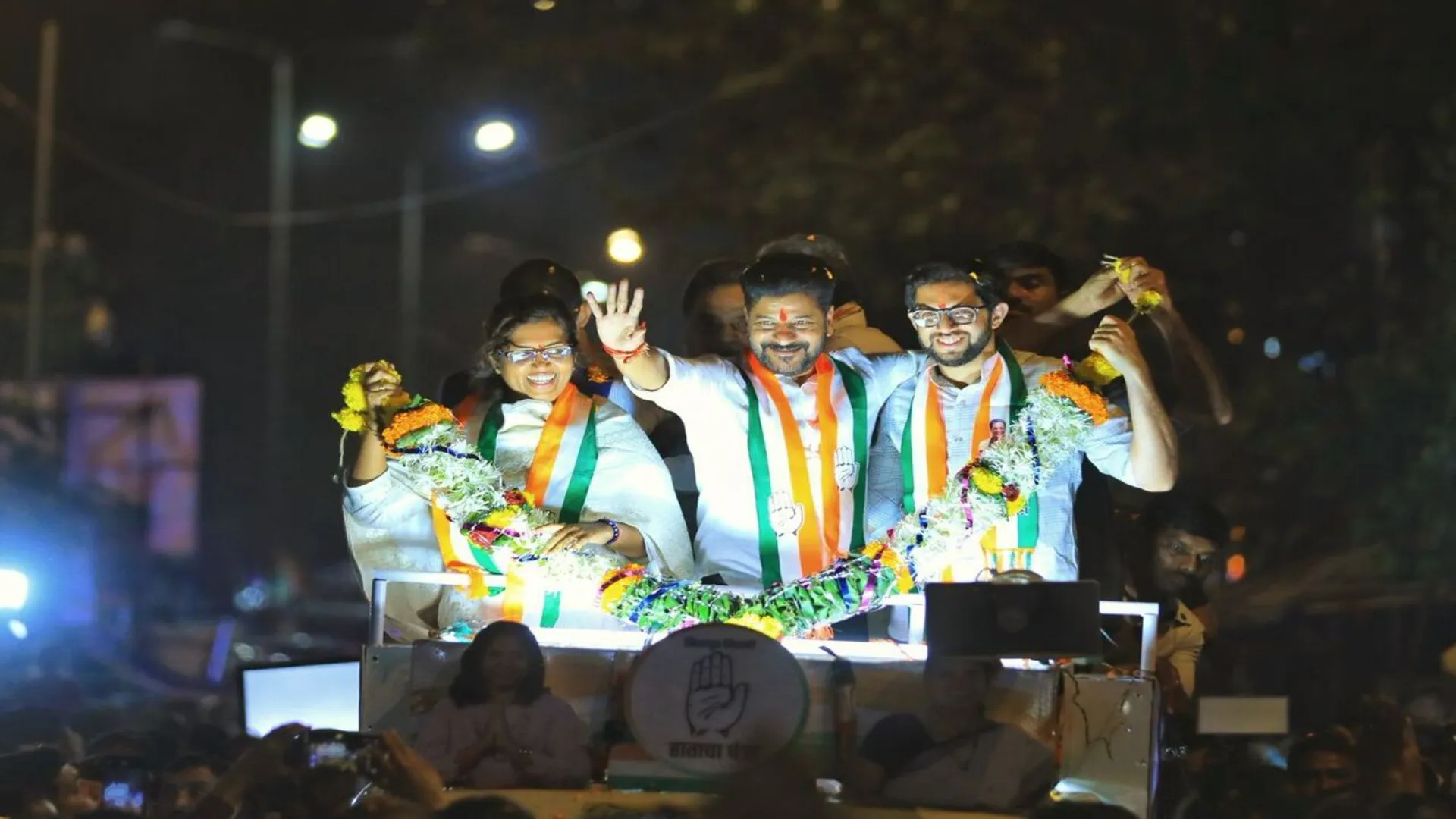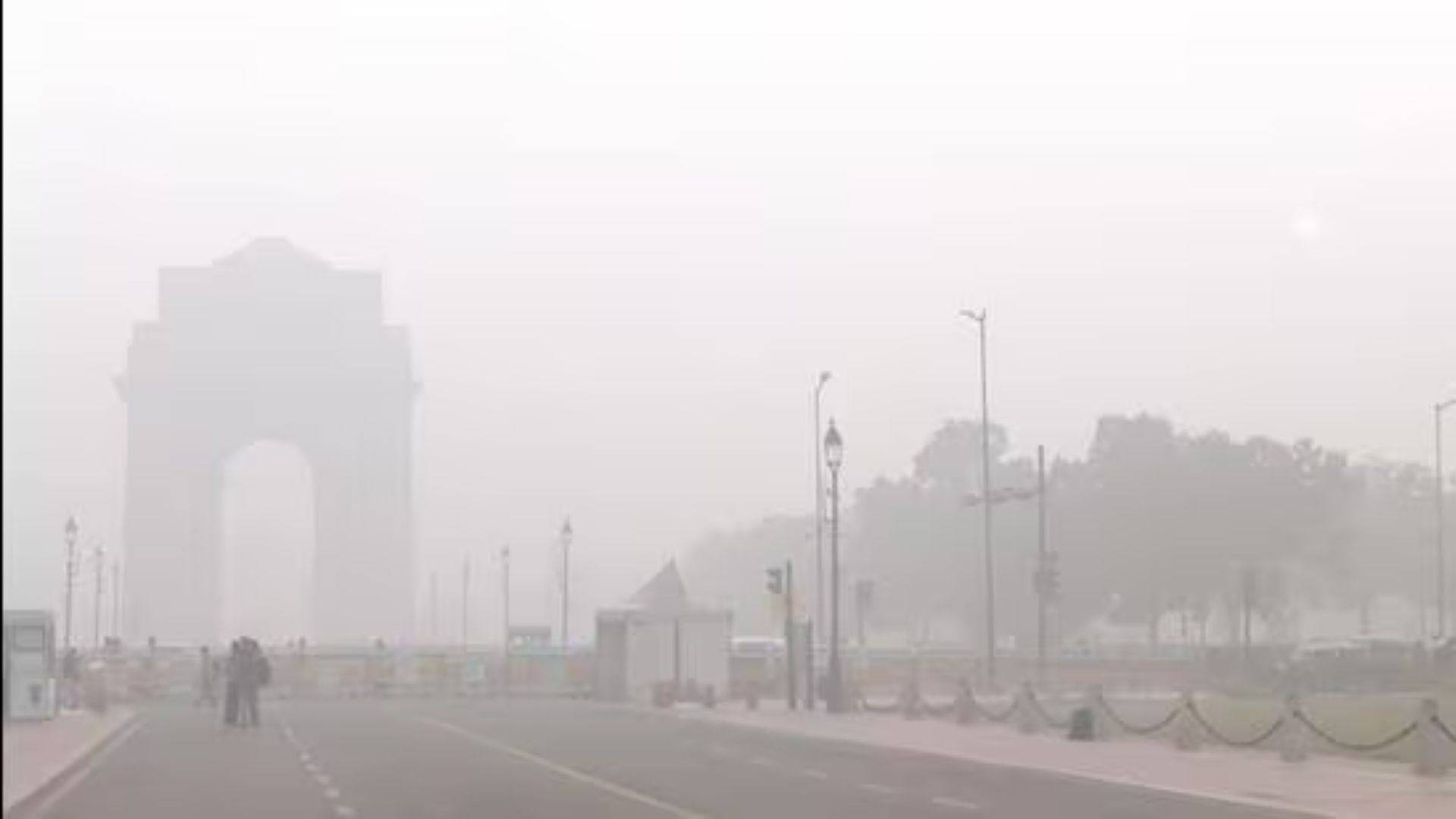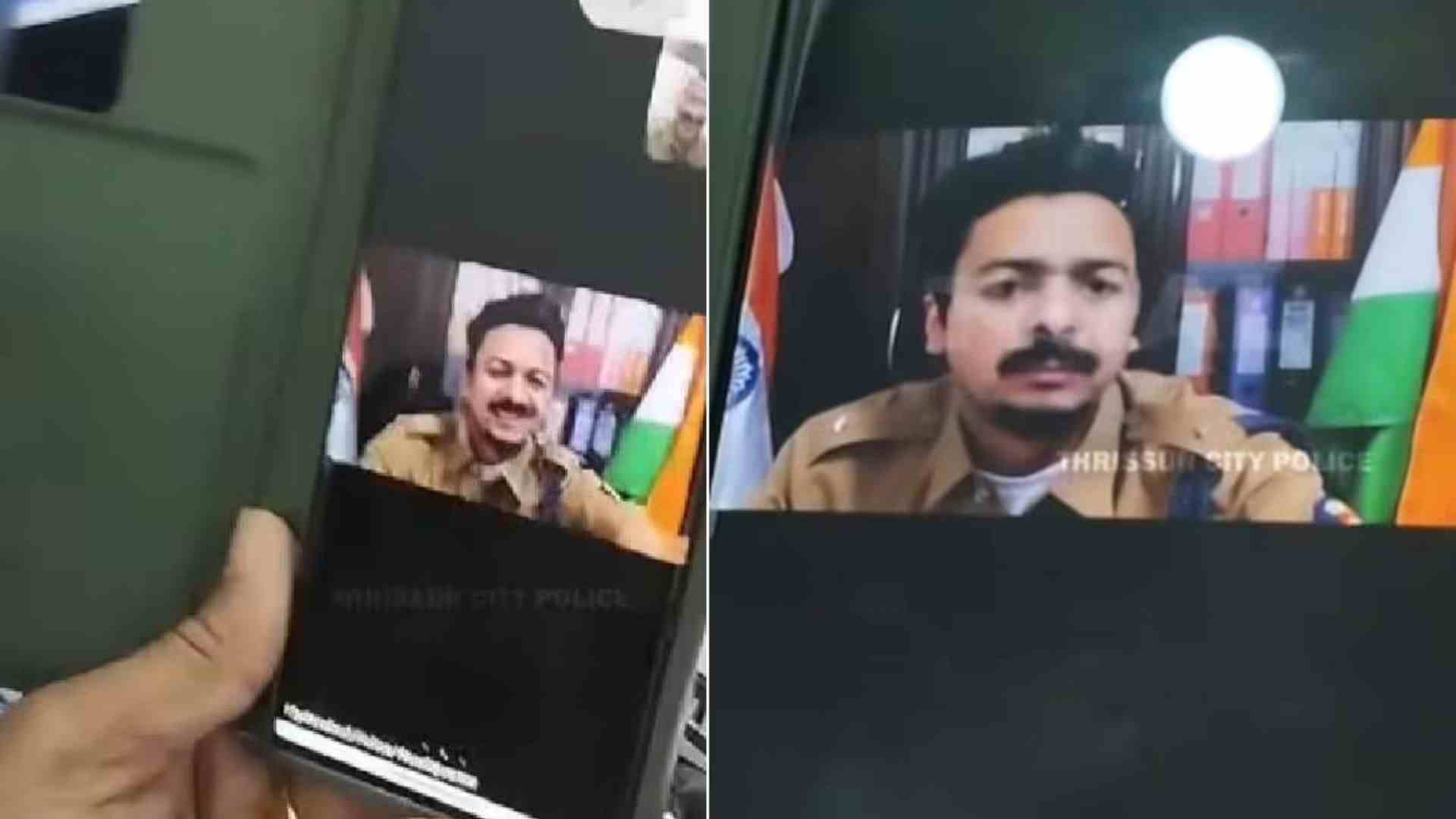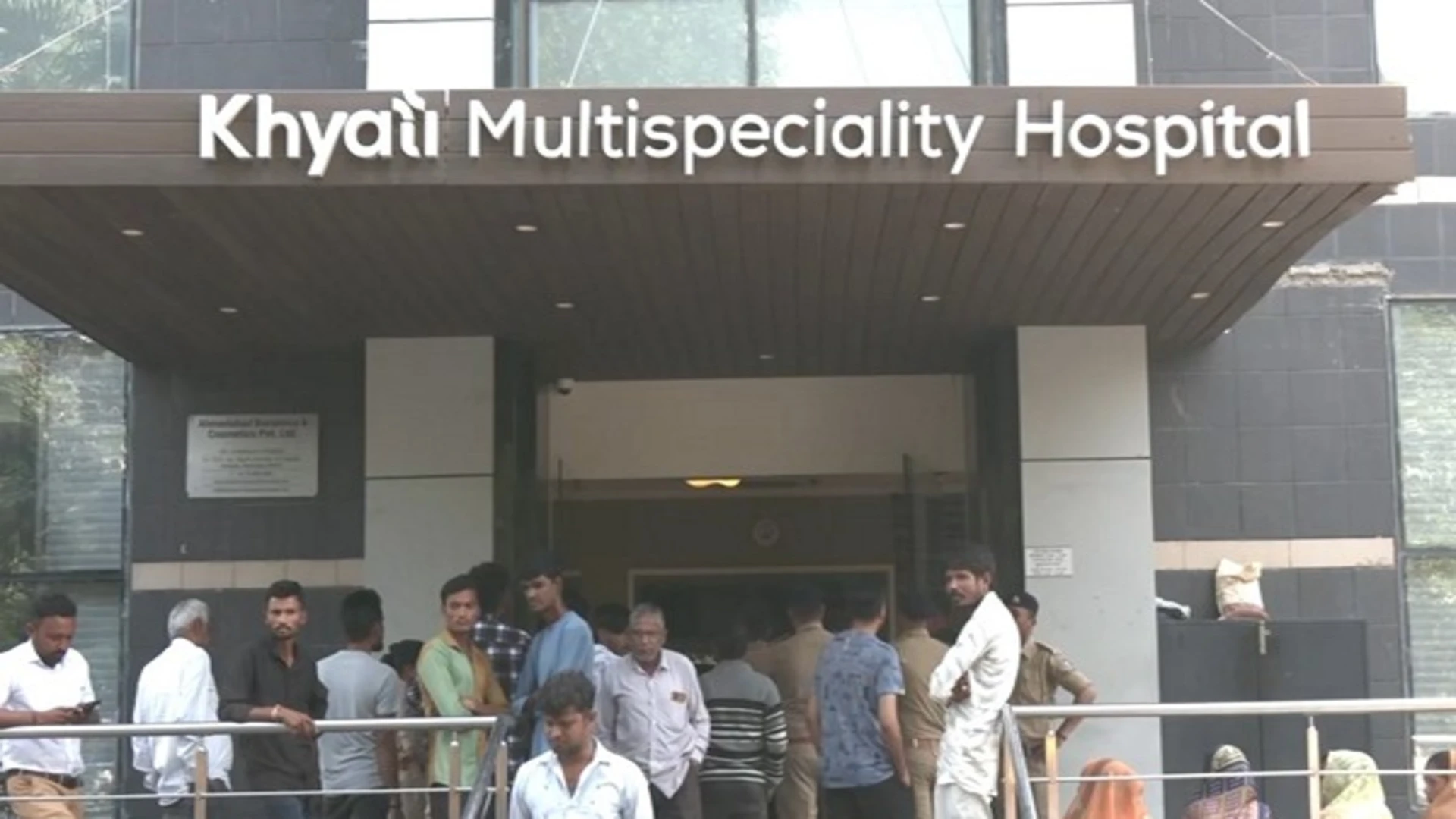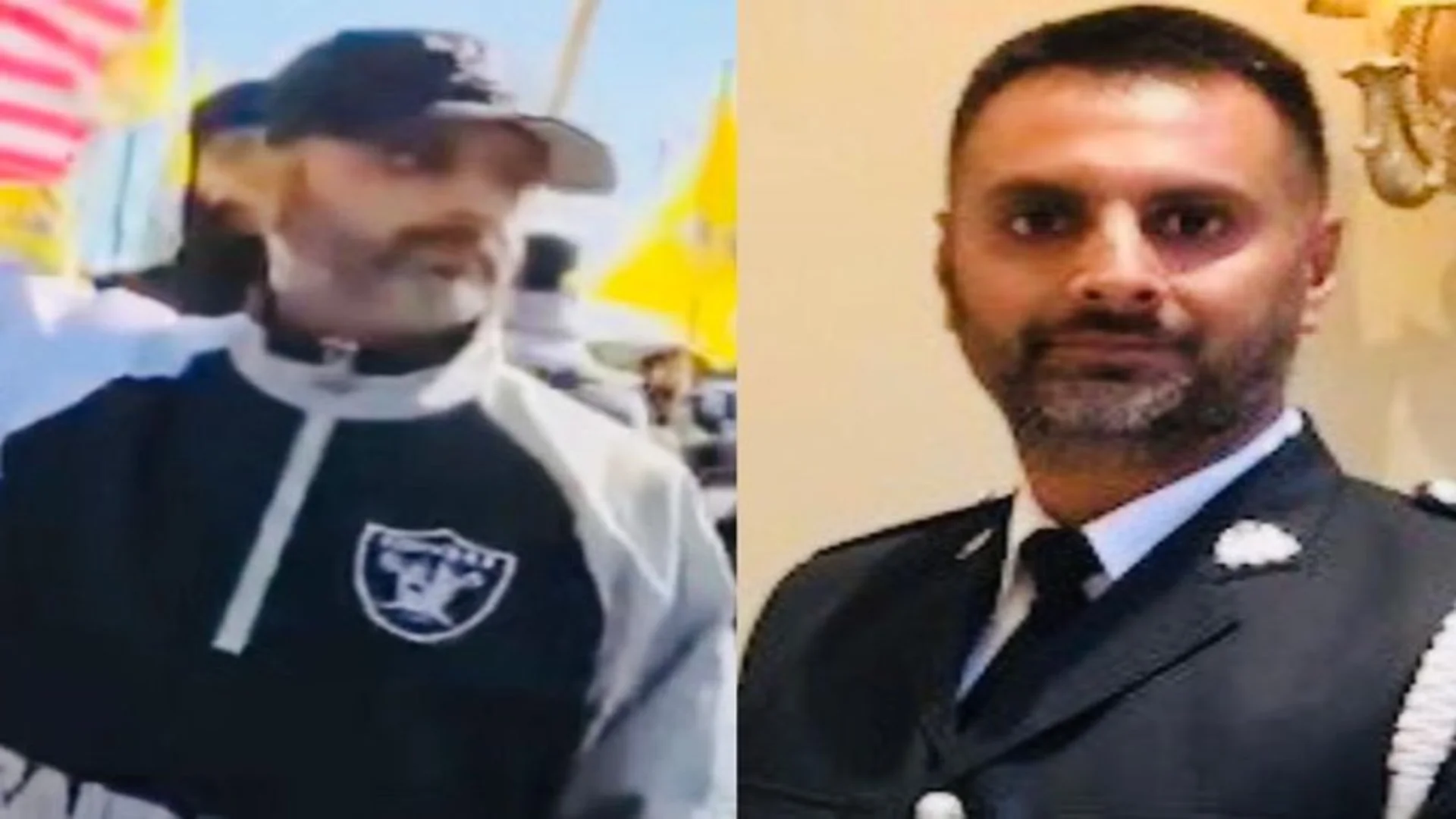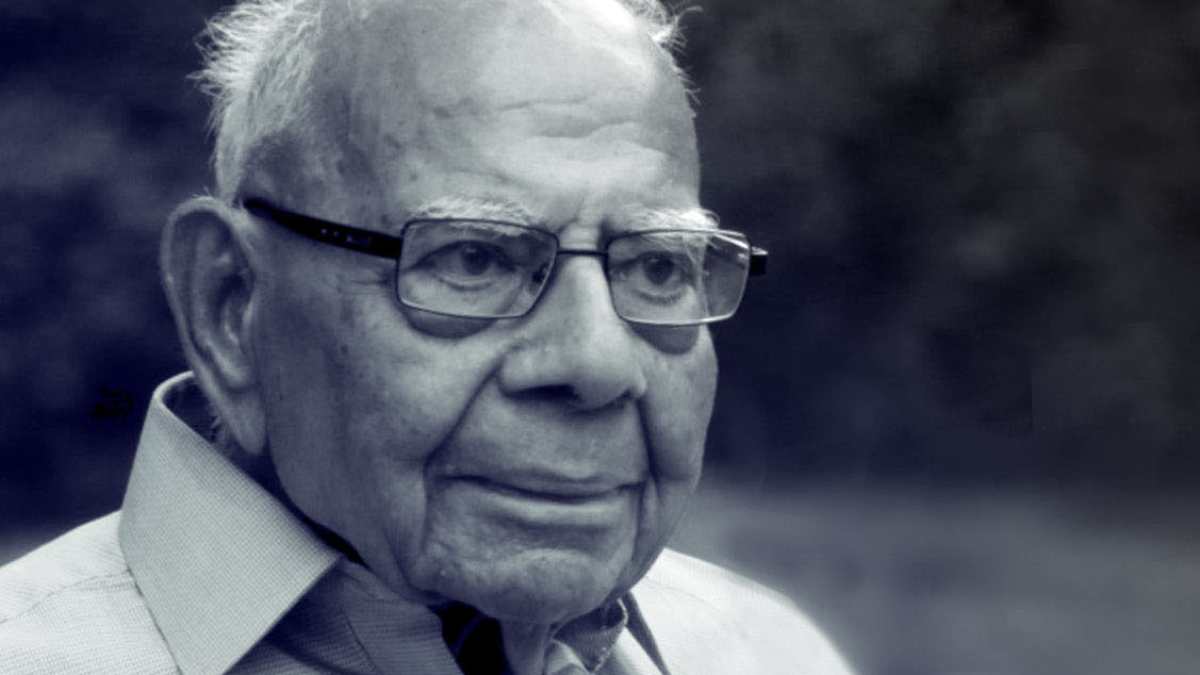
To call Ram a criminal lawyer is to describe his left half not his right half. I remember, and I’m saying so in a lighter way, Ram’s capacity to make complex problems simple was I think one of the great attributes of his skill of advocacy. I remember when we were doing the hawala case and Ram was explaining the law of hearsay to the judges, Arun was sitting next to him and Ram says if somebody tells me that he saw Arun in the Lodhi Garden wearing pink glasses, that is not evidence of the fact that Arun was wearing pink glasses. It is only evidence of the fact that person is telling me that Arun was wearing pink glasses. It might be evidence of the fact that Arun has finally lost his marbles. This was how Ram explained and I think he explained it so beautifully as to what the law of hearsay was.
And Ram’s skills as a civil lawyer. I remember we had the Chhabria case going on, in fact Ram was to lead me, he got busy in some other matter in court one and this was going on in court two. Mr Venugopal was appearing for Chhabria, I was appearing for Kishor and they had come against an appeal court judgement dismissing an appeal from order. And Venu was arguing that the appeal court had not given any reason, the bench was Justice Ahmadi and Justice Mohan. I still remember and the point was getting some traction from the bench because the division bench had decided it in one sentence. We came out for lunch walking down the corridor, Ram asked me beta kya ho raha hai, I told him this is the point being argued he says arre baba go and see rule so and so of the Bombay original side and he walked off. We checked the rule, there was a rule, Falo would remember, which said if you are dismissing an appeal from order you don’t have to give reasons. And we showed that rule and that was the end of that point. This was Ram’s knowledge of the civil procedure court.
And I remember his cross examining a witness in that famous bank guarantee trial on the civil side where we had the late Atul Sita Bahadur and on the other side. And I think about 11 o’clock Atul made some comment which angered Ram and he said at 12.15 your client will be in tears. He was cross examining some chap and at exactly 12.15 the witness was in tears because Ram had nailed him on something and completely boxed him in. He is a person we will all miss for the rest of your lives. Those of us who have had the privilege of knowing him, working with him, really know what a complete human being he was.
Coming to the topic of the day and speaking from where Kapil left off, what is the state of disrepair of rule of law in India and how has the media generously contributed to the state of disrepair. Since it is a webinar in the memory of Ram Jethmalani, I plan to be a bit blunt. Kapil has cataloged a number of cases where the media has done wonderful work in bringing forth cases which the administration would have liked to see buried deep. And that to my mind is where the role of the media begins and ends. In cases where the system fails because of political interference or just policy apathy because the victim is too poor or the victim is from a strata of society which doesn’t command that kind of traction. In situations like that when the media takes up a cause, they render a great service to the rule of law. In most of these cases it was either that the victim was from a very humble background or from an area or class of society which did not command eyeballs, did not command attention the media brings it forth and kickstarted the rule of law. The problem is when the media becomes a parallel system of rule of noise where the rule of noise starts displacing the rule of law.
Indian criminal justice system in high profile cases, and I don’t plan to mince my words today, Indian criminal justice system in high profile cases has become a circus. Our agencies in a large number of cases are unable to probe, so trial by court of law, trial in accordance with the law of evidence and Kapil rightly flagged that I don’t think the media believes in such a thing called the law of evidence. Trial by a system, governed by the rule of law by a judge authorised by the state has been replaced by trial by embarrassment. So what do you do? You go, you run and you arrest somebody and selective leaks from the investigative agencies, those selective are carried as headlines and then in the evening on most media channels you have 4-5 expert jurors although we have abolished jury trial, you have 4-5 expert jurors who promptly come to a conclusion of guilt and convict the accused who has been denied bail in the first instance.
Reputations in India don’t matter. Privacy is a virtue we scorn. We jump into people’s personal lives, we call people names, all in the name of transparency. This system has to be contained if India has to become a serious republic. See the system in other countries. It’s not like you don’t have high profile cases in the UK, US or Europe. You see the measured response. See how BBC covers sensational cases. See how the American media, some of which is fairly on the fringe at times, covers cases. In India nobody is willing to have a hard look as to what ails our system. What happened to Justice Krishna who said bail not jail the rule? Today what has happened is, first there is an allegation of wrongdoing, true or false is the least relevant element in this discussion. There is an allegation of wrongdoing. If the person against whom the allegation is made is in public life, the allegation is taken to be true unless demonstrably established to be wrong. The next step is clamour for an investigation and before even the investigation is a foot a clamour for arrest. When the clamour for arrest becomes deafeningly loud and an arrest is made and bail is denied, try convincing the accused that he got justice in the hands of the courts. What happened to the principle that justice appeared to be done. You’ve put it to one side. What does the investigating agency do because the media is now baying for blood because they have made an allegation of wrongdoing. So what does the investing agency do, give them selective leaks, arrest the accused, the blood letting stops and the case falls by the bay side.
If you want to add a further element which distorts and I make bold to say has completely damaged the rule of law in India is court monitored investigations. When the court today orders an investigation I think the investigating agencies think it is their moral duty to find that a) a crime has been committed and b) that the person against whom the media has made allegations is a criminal and if they don’t do that they have failed their job. I can never forget, when I was solicitor general there were serious allegations of match-fixing, came all over the newspaper. Justice Thomas as he was then on the bench ordered an investigation. A team if the CBI investigated and they came to me and said sir we have not found anything wrong. I said excellent, if you have not found anything wrong give that report. They said according to us none of this constitutes a crime, can we go to Justice MK Mukherjee, he was a very good, adept in criminal law, they took his opinion. He said yes all these wrongful acts do not constitute a crime. They gave a report and the matter was closed. That was 2000. Look at what happened in the 2G case. In the first instance, I had the privilege of appearing with Fali, for Sunil Mittal. See what happened to that. The chairman of a large group of companies treated him like a common criminal and for what? One of the allegations, when the court asked the lawyer appearing for the CBI saying what is the allegation of conspiracy they say he attended telecom secretary’s daughter’s marriage. And the media also picked it up and said, nailed him, nailed him because he was seen in a marriage. What happened in the end? The SC quashed Sunil’s summons, went back to the trial and when the judge finally saw the evidence, god bless him, he passed strictures against the CBI for even having filed the chargesheet. Meanwhile, what happened to Sunil’s reputation? I know what his family lived through. For almost a year, sleepless nights because again there was clamour, ‘why is he not being arrested’. If Raja has been arrested, Gautam has been arrested, if Sunil Mittal has not been arrested? The media’s appetite was not satiating with 3 arrests. So these have become very serious problems on trial by the media. And what we now see is an even more dangerous cocktail of electronic media, social media and print media. Social media has put the power of publication in the hands of everybody who has an opinion and who has a bias and who has a prejudice. People say whatever they want, to whomever they want about whatever they want which gets then picked up on electronic media. Anything written on a Whatsapp is of course presumed to be the Gospel unless proved to be false. And anything heard on tv is presumed to be again the Gospel unless proved to be false.
This atmosphere today is not conducive to the rule of law. This atmosphere today and I make bold to say is the single biggest impediment in India’s growth story. Foreign companies don’t want to invest in India because they feel one of India’s greatest strengths was the largest English speaking democracy with a robust rule of law. I think one of the greatest things which happened despite the terrible tragedy of Bhopal, Warren Anderson was not arrested. Can you imagine that today? What would happen? If something one-hundredth of that happened. Today, that is why, I mean today somebody in Bihar I think had filed a complaint and the SC upheld issuing summons to the chairman of Samsung. As though the chairman of Samsung entered into a conspiracy to get rid of one little dealer of Samsung phones in Bihar. Why because the media said rich vs poor. Today this has reached a point where this has become one of the biggest negatives about Indian democracy. And what we are seeing going on about this latest investigation going on in Mumbai I don’t want to say anything more about it because I think enough has been said. I will only say it would scare anybody who has practised law, who is familiar with the criminal justice system and who is concerned about how the criminal justice system should be.
How do we fix this? The only way to fix this is not through the government because if there is anything worse than a reckless media it is the government tamed media. The irony today is of course as Kapil mentioned on one hand you have media which appears to be uncontrollable on the other hand there are serious concerns about whether they are really under the control of a secret master. I, speaking for myself, don’t subscribe very much to certain theories of government control over the media but let’s put that to one side. I am more concerned about the uncontrolled media. And who can fix this? Not governments. I don’t believe that the ministry of I&B has any business interfering in content because we are laying the edifice of a worst tyranny than an uncontrolled media. The media has to be controlled by the courts. The courts have to lay down the lakshman rekha which should not be transgressed. And I had suggested to successive law ministers and ministers of information broadcasting please establish a tribunal today which will try cases of defamation and deliver judgement in 6 months. The trouble today is you can lie about people, slander people knowing perfectly well that if you file a case for defamation, civil defamation, it will never be heard. In the UK the practice directions are that defamation cases are fast tracked. Take that famous case where wife of the then speaker Sally Berco. She retweeted a tweet with a comment, ‘he had it coming’, there was some allegation made against one of the conservative lords, he brought an action against her, the English court within 3 months took it on board, framed a preliminary issue whether retweeting constituted publication, came to the conclusion it did. It could give rise to a claim in damages and said go settle or come back and we will assess the quantum. The matter got resolved, they kept the quantum quiet because the person who was defamed said I am not in it for the money but I want to vindicate myself. If we have a tribunal in India, presided over by a retired judge where you can have simpler laws not the code of civil procedure and which can take up defamation cases on a priority, the law of defamation is very simple the burden of proof lies on the one who makes a false accusation. If the law of defamation is applied in a court which can deliver justice in 6 months it might go to some extent in taming the media. Ultimately all the media belongs to big business houses nobody wants to see large monetary judgments coming active. I don’t believe in arresting journalists, throwing them in jail, that is the wrong way of dealing with it.
And as Fali in his latest wonderful book said the worst thing we can do is keep pursuing this law of contempt. I think this law of contempt should be parked sooner than later. You’ve seen how people react to the courts acting in contempt. I think that remedy now has failed. Yes, a trial court can surely injunct the media from getting into areas where it feels necessary but to tame this media we have to think of some solution. To protect private reputations we have to think of some solutions and I also feel there has to be a system within the police force where there is a check on media leaks by the force. There has to be an independent person to whom a person can complain. I remember there was a raid once on a lady who used to work in the telecom ministry, the next day the media said they found 4 gold Rolexes in her house, they found this in her house, they found that in her house. Later on it transpired it was complete false, complete nonsense. If you ask them they say somebody told us. So the accountability of the media has to be brought through a system consistent with the rule of law, the law of defamation has to be rigorously applied. Perhaps clear rules have to be made in consultation with the court especially seeing what is going on today. Clear rules have to be made on which are the no go areas for reporting where a crime is actively under investigation. And we have to bring some sense of order back into the system by which the media can continue to do what they are meant to do. Unearth cases where the system fails a victim. But in cases where the system is active, to run as a parallel horse with an investigative agency is the best way to derail the criminal justice system. Finally I want to close with one last thing which I have seen in the last few months. Media channels start running campaigns for public opinion on matters which are in court. I think one of the old contempt cases relating to the Bengal CM had held him up in contempt because he tried putting in public domain and trying to mobilise public opinion against the matter which was being dealt with by the court. This is the biggest threat if today somebody is granted bail and we have a movement or somebody is refused bail and we have a movement or somebody is convicted we have a public movement or we have somebody’s acquittal and we have a public movement, we all as practising lawyers know what hydraulic pressure this will have on the judge who is conducting the trial. This will be the worst distortion of the rule of law and I think this is some place where the courts may have to come in and deal with this matter.
Excerpts from Harish Salve’s speech at the Ram Jethmalani Memorial Lecture

